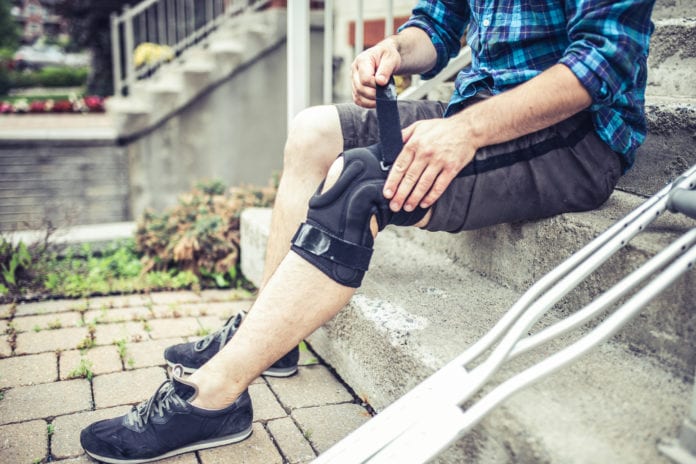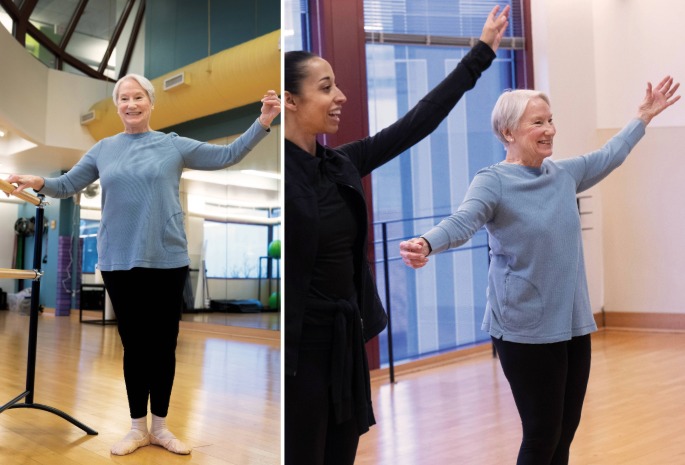About Patellofemoral Pain (PFP)
PFP affects more than 20% of the population. It is more common in women than in men and has been linked to knee problems later in life, including osteoarthritis.
Common treatments for PFP include rest, pain-relieving medications, and physical therapy. These treatments, however, are not considered effective for long-term pain resolution for patients with PFP.
Promising Findings on the Future of PFP Treatment
Because of its long-term impact on daily living and overall quality of life, the study’s authors say PFP has been “deemed an urgent research priority.”
Myer, who also serves as division director of the Emory Sports Performance and Research Center, conducts research on athletic injury and human performance.
For their study, Myer and team evaluated 15 young women between the ages of 11 and 24 with PFP. A group of 30 young women without PFP was also evaluated.
Each study participant completed questionnaires focused on their perceived pain symptoms, physical functioning, and fear of movement and physical activity (kinesiophobia). The team then compared responses to these questions and associated functional magnetic resonance imaging data from the patients with PFP in the study. Brain functional connectivity was also compared between patients with PFP and pain-free controls.
The brain scans of the young women with PFP showed altered functional connectivity between regions of the brain important for pain, psychological functioning, and sensorimotor control compared to the pain-free controls. Altered functional connectivity was also related to the degree of perceived pain, movement dysfunction, and movement-related fear/disability in patients with PFP.
“We were able to show through neuroimaging that the changes in the brains of patients with PFP were strongly tied to that person’s perceived symptoms, their physical functioning, and their fear of injury,” Myer said. “This connection between brain connectivity and self-reported outcomes suggests there could be better approaches to treat PFP using tools like cognitive-behavioral therapy and/or biofeedback to break the connection between movement and pain by alleviating fear associated with activity. Future research is needed to determine if which treatments could best restore altered functional connectivity in patients with PFP.”
Innovation at Emory’s Sports Performance and Research Center
The Sports Performance and Research Center located inside the Emory Orthopaedics & Spine Center at Flowery Branch is a new leading-edge research center, serving both the professional athletes of the Atlanta Falcons as well as community members of all ages. Researchers are focused on injury prevention in young athletes. The team conducts ongoing research and technology development for concussion prevention, sports injury prevention, and performance enhancement.
 Study co-author Gregory D. Myer, PhD, FACSM, CSCS*D, professor of orthopaedics at Emory University School of Medicine, says the findings have the potential to guide new treatment strategies for eliminating PFP pain focused not only on the knee itself but also to fix the altered connections in the brain.
Study co-author Gregory D. Myer, PhD, FACSM, CSCS*D, professor of orthopaedics at Emory University School of Medicine, says the findings have the potential to guide new treatment strategies for eliminating PFP pain focused not only on the knee itself but also to fix the altered connections in the brain.


